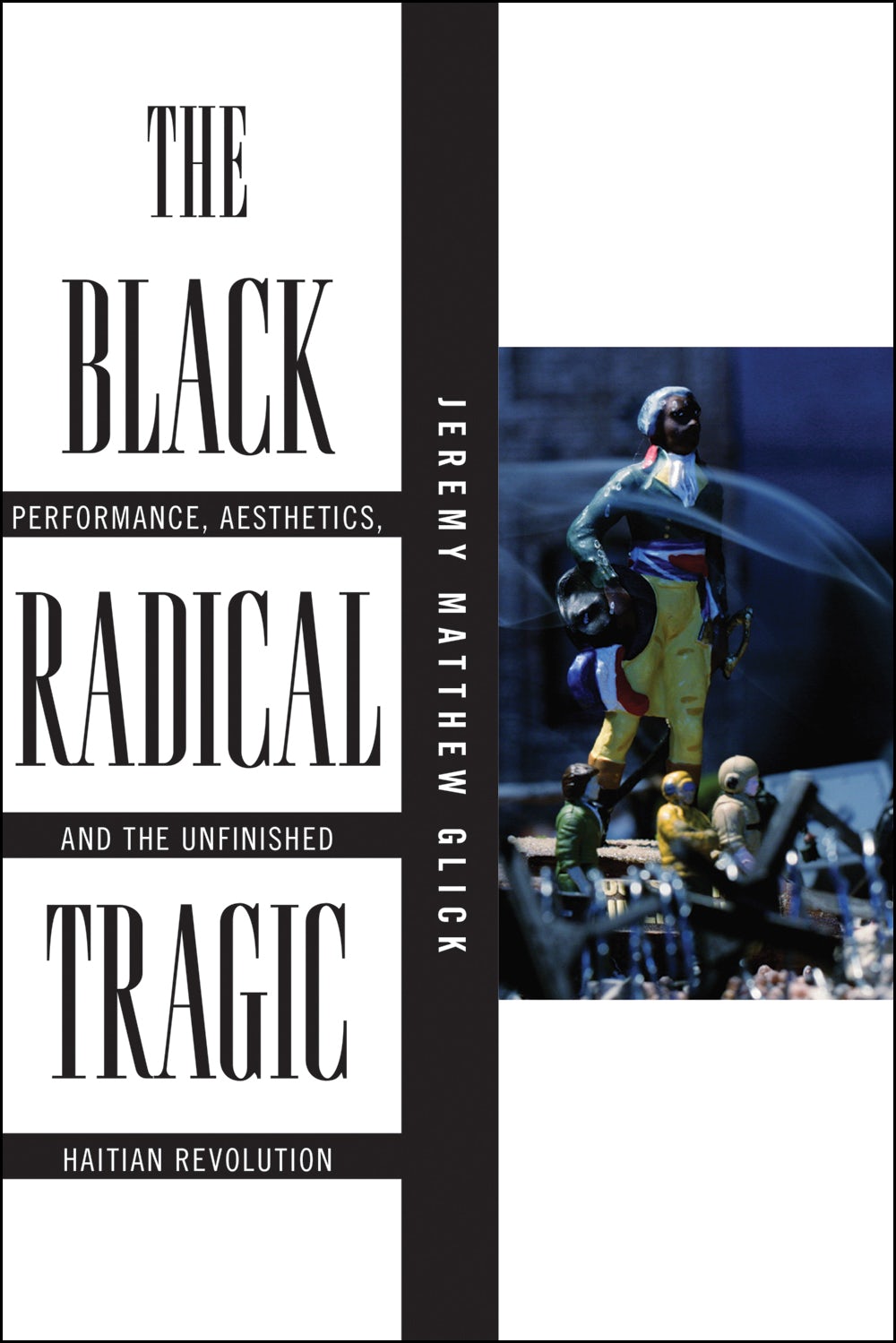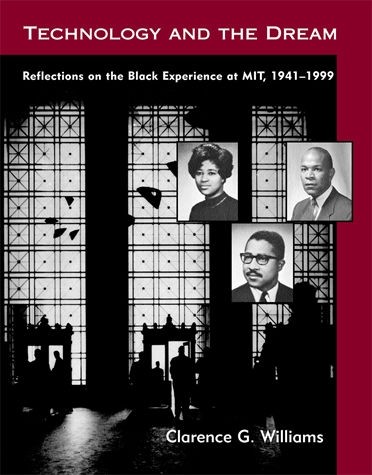bell hooks: Art on My Mind: Visual Politics (1995)
Filed under book | Tags: · african american culture, art criticism, art history, black people, feminism, photography, politics, visual culture

“In her first book about art and the “politics of the visual,” hooks, a writer known for her clarifying views on feminism and black women, addresses the deplorable absence of discourse on black artists, especially by black critics. Why, she asks, has art played a minimal role in the lives of most African Americans? With a firm grasp of the racial and cultural climate in which black aesthetics must grow, hooks offers some astute answers to that question and holds out hope for change. She then hones her aesthetic in her adept interpretations of the work and impact of black artists, including Romare Bearden, Jean-Michel Basquiat, Alison Saar, Felix Gonzalez-Torres, Carrie Mae Weems, Lorna Simpson, and Margo Humphreys. Hooks also discusses portrayals of black women and men in art and, in an essay on photography, how the ‘struggle over images’ became part of the black liberation movement. Art matters, hooks assures us; it helps us forge our identities while forcing society to evolve from being exclusive to inclusive. As erudite and sophisticated as hooks is, she is also eminently readable, even exhilarating.” (Donna Seaman)
Publisher The New Press, New York, 1995
ISBN 1565842634, 9781565842632
xvi+224 pages
via Arch
Reviews: Okwui Enwezor (Nka: Journal of Contemporary African Art, 1996), Phoebe Farris (Art Journal, 1996), Publishers Weekly (1995), Kirkus Review (1995).
PDF (18 MB, updated on 2019-11-5)
Comment (0)Jeremy Matthew Glick: The Black Radical Tragic: Performance, Aesthetics, and the Unfinished Haitian Revolution (2016)
Filed under book | Tags: · aesthetics, black people, caribbean, history of literature, performance, revolution, tragedy

“As the first successful revolution emanating from a slave rebellion, the Haitian Revolution remains an inspired site of investigation for a remarkable range of artists and activist-intellectuals in the African Diaspora.
In The Black Radical Tragic, Jeremy Matthew Glick examines twentieth-century performances engaging the revolution as laboratories for political thinking. Asking readers to consider the revolution less a fixed event than an ongoing and open-ended history resonating across the work of Atlantic world intellectuals, Glick argues that these writers use the Haitian Revolution as a watershed to chart their own radical political paths, animating, enriching, and framing their artistic and scholarly projects. Spanning the disciplines of literature, philosophy, and political thought, The Black Radical Tragic explores work from Lorraine Hansberry, Sergei Eisenstein, Edouard Glissant, Malcolm X, and others, ultimately enacting a speculative encounter between Bertolt Brecht and C.L.R. James to reconsider the relationship between tragedy and revolution. In its grand refusal to forget, The Black Radical Tragic demonstrates how the Haitian Revolution has influenced the ideas of freedom and self-determination that have propelled Black radical struggles throughout the modern era.”
Publisher New York University Press, New York, 2016
America and the Long 19th Century series
ISBN 9781479844425, 147984442X
xiii+266 pages
Reviews: Slavoj Žižek (LA Review of Books, 2016), Marina Sofia Magloire (Women & Performance, 2017), Paige A. McGinley (TDR, 2017).
Comment (0)Clarence G. Williams: Technology and the Dream: Reflections on the Black Experience at MIT, 1941-1999 (2001)
Filed under book | Tags: · black people, history of technology, interview, technology

“This book grew out of the Blacks at MIT History Project, whose mission is to document the black presence at MIT. The main body of the text consists of transcripts of more than seventy-five oral history interviews, in which the interviewees assess their MIT experience and reflect on the role of blacks at MIT and beyond. Although most of the interviewees are present or former students, black faculty, administrators, and staff are also represented, as are nonblack faculty and administrators who have had an impact on blacks at MIT. The interviewees were selected with an eye to presenting the broadest range of issues and personalities, as well as a representative cross section by time period and category.
Each interviewee was asked to discuss family background; education; role models and mentors; experiences of racism and race-related issues; choice of field and career; goals; adjustment to the MIT environment; best and worst MIT experiences; experience with MIT support services; relationships with MIT students, faculty, and staff; advice to present or potential MIT students; and advice to the MIT administration. A recurrent theme is that MIT’s rigorous teaching instills the confidence to deal with just about any hurdle in professional life, and that an MIT degree opens many doors and supplies instant credibility.
Each interview includes biographical notes and pictures. The book also includes a general introduction, a glossary, and appendixes describing the project’s methodology.”
Publisher MIT Press, 2001
Open access
ISBN 026223212X, 9780262232128
xi+1042 pages
Review: Nancy-Elizabeth Fitch (Oral History Review, 2005).
PDF (83 MB)
Comment (0)
